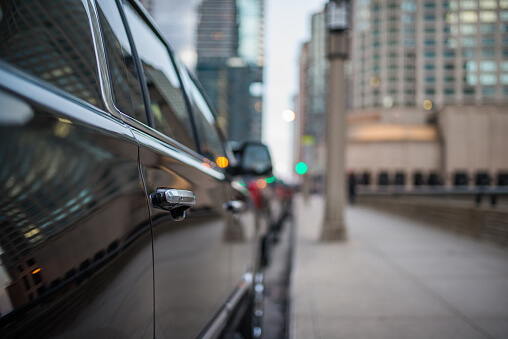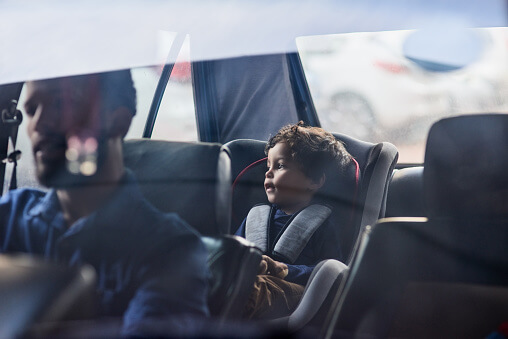Motorists looking for transportation around Hyde Park, Bridgeport, Edgewater, Lincoln Park and other Chicago neighborhoods may choose a car-sharing service as an alternative to public transportation or a traditional taxi service. Car sharing companies like Uber and Lyft have become very popular by promising to provide income to drivers and convenient transportation to passengers. However, there are some very significant downsides associated with the use of these services.
In most cases, victims of a motor vehicle crash can get help from a personal injury lawyer in obtaining compensation if a driver’s negligence leads to a collision. The responsible driver’s insurance company covers losses, since most drivers don’t have enough money to pay for losses personally. However, when it comes to drivers who operate car-sharing services, insurance may not provide coverage and victims may have a hard time seeking compensation for their injuries.
Who is Responsible After a Collision?
Suing the company that sets up the car sharing service may seem like the best way to get compensation after a crash has been caused by a driver providing a ride. However, as Forbes points out, this is often not possible.
There are many reasons why it is difficult to sue a company that facilities car sharing. One issue is that the driver aren’t employees, but rather independent contractors, so agency rules don’t apply. The Communications Decency Act may protect car sharing services, since these services could arguably be seen as providing information only and not actually providing rides (which are offered by the individual non-employee drivers). Finally, for passengers who get hurt while riding in a car-sharing vehicle, the contract terms they agreed to when they sign up protect the company from liability.
If the car sharing services are not held accountable for injury to passengers, nor to pedestrians or other motorists struck by a car-sharer, then this means only the individual driver is to blame for damages. This can create a big problem for victims if that driver either does not have insurance coverage or if the insurer will not provide coverage for accidents that occurred while driver was engaged in car-sharing.
Insurance companies have, generally, taken a tough stance against providing coverage to policyholders who want to engage in car sharing. Leaked documents reported on by the SF Gate show that insurance company staff is instructed to group reject car-sharers and provide a script for staff members to use to inform policyholders that their coverage will be cancelled unless they can prove they are no longer driving for Uber or Lyft.
State Farm also will not provide coverage for drivers for car sharing, and a spokesperson for the Property Casualty Association of America makes clear that a “private passenger auto policy isn’t intended to cover livery services.” Using the car for commercial purposes is a significant or “material” change in the nature of the type of risk the insurer covers, and so the insurance company would generally be allowed by state law to cancel coverage when the driver chooses to participate in car sharing.
Those who take rides in car sharing services need to be aware of these legal challenges in obtaining compensation if a crash occurs.
A Chicago, IL accident attorney can help after an injury. Call Coplan & Crane at 800-394-6002 to schedule your free consultation. Serving Chicago, Hyde Park, Bridgeport, Edgewater, Lincoln Park and surrounding areas
















